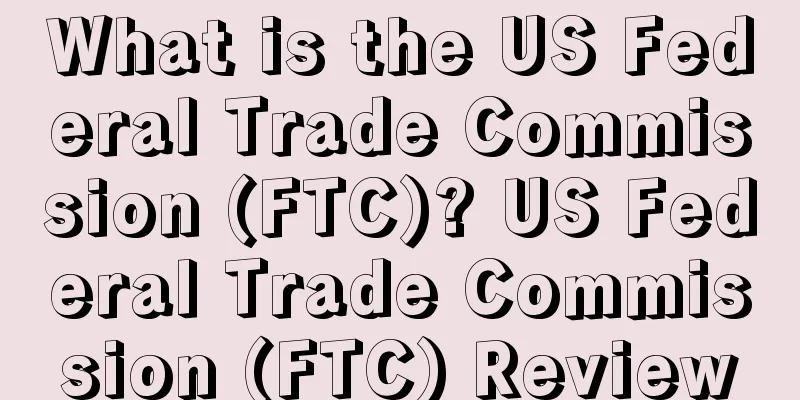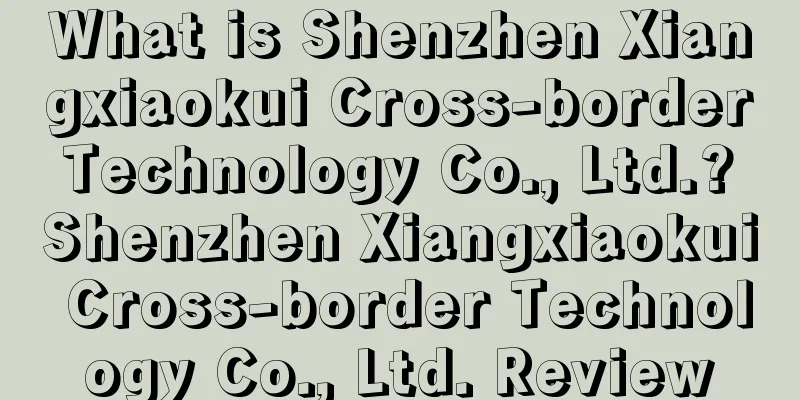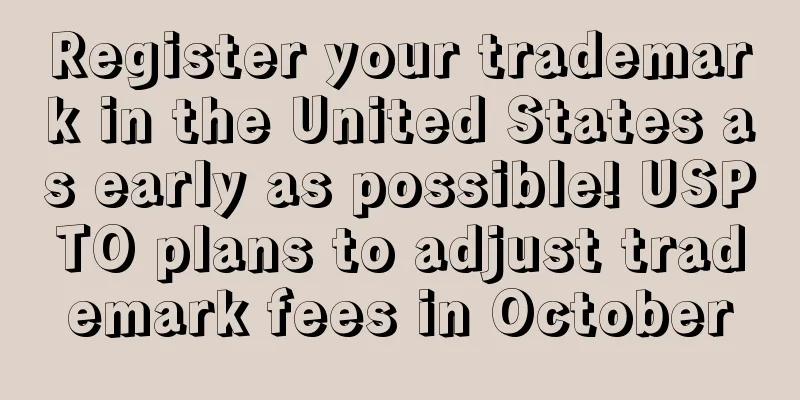What is the US Federal Trade Commission (FTC)? US Federal Trade Commission (FTC) Review

|
The Federal Trade Commission (FTC) is a federal agency that enforces a variety of antitrust and consumer protection laws. The FTC was established in 1914 to ensure that the nation's markets are competitive, prosperous, and efficient, and free from unreasonable constraints. The FTC also ensures and promotes smooth market operations by eliminating unreasonable and deceptive rules or regulations. Established on September 26, 1914 Chinese name Federal Trade Commission Foreign name Federal Trade Commission Purpose Ensure that the nation's markets are competitive 1. Job Responsibilities Generally speaking, the FTC's work is mainly to prevent behavior that may harm consumers. When Congress, administrative agencies, or other independent agencies, as well as state and local governments need to discuss policy, the FTC will provide relevant information. The FTC can conduct investigations in different ways. Letters from consumers, requests from businesses or Congress, or articles about consumer and economic issues may lead the FTC to take action. Such investigations can be public or private, but generally speaking, FTC investigations are kept private to protect the company and the investigation itself.
2. Control Objectives If the Federal Trade Commission believes that a company has violated regulations, it must first sign an agreement with the company and then obtain the company's voluntary cooperation. When a company signs this agreement, it does not have to admit that it has violated the law, but it must agree to stop the controversial behavior that caused the consumer complaint. If the two parties cannot reach a consensus, the Federal Trade Commission will file or file an administrative complaint. Once a regulatory complaint is filed or presented, it is like a trial before a judge: evidence is presented, testimony is heard, witnesses are questioned and cross-examined. If a violation is found, an injunction or other appropriate statement is made. The initial decision made by the judge should reflect the wishes of the entire committee. The final outcome of the trial should be determined by the Commission and reflect the will of the U.S. District Court. If the Commission is in favor of the position, the FTC may seek certain consumer damages in court. Conversely, if the company has violated the law, the FTC may also seek civil damages or an injunction. In some cases, the FTC goes directly to court to seek injunctions, civil damages, or consumer redress. This usually occurs in ongoing consumer deception or fraud cases. By going directly to court to seek injunctions or damages, the FTC can prevent deceptive practices before more consumers are deceived. In addition to the responsibility of enforcing mandatory laws, the Federal Trade Commission also, at the request of Congress, expands the impact of its policies through non-mandatory measures, such as consumer education.
3. Current Leadership Delegate Chair: Rebecca Kelly Slaughter References
|
<<: What is Lilanda? Lilanda Review
>>: What is LightInTheBox? LightInTheBox Review
Recommend
What is Qubi'an? Qubi'an Review
Sellerfba.com is affiliated to Shenzhen Qianhai Ai...
15 common methods to catch copycat sellers on Amazon
Common forms of follow-selling 15 common methods ...
Domestic freight to the UK for sale? Cross-border sellers should pay attention to the new VAT regulations starting in 2021!
Sellers engaged in cross-border e-commerce know th...
What is a zombie link list? What is it used for?
What are Amazon Zombie Products? There are a large...
What is the UK VAT refund? UK VAT refund review
The so-called tax refund or tax credit means that ...
What is YunGeHuo? YunGeHuo Review
Yungehuo (Yungehuo New Technology (Shenzhen) Co., ...
To pay 28 billion? Amazon is caught in monopoly storm again! EU and US take action one after another!
This is not the first time that Amazon has been in...
What is YuKe? YuKe Review
YuKe is a cross-border e-commerce online learning ...
What is ashateahouse? ashateahouse review
ashateahouse is a company founded by David and Dia...
What is Singapore's Accounting and Corporate Regulatory Authority (ACRA)? Singapore's Accounting and Corporate Regulatory Authority (ACRA) Review
The Accounting and Corporate Regulatory Authority ...
Breaking news! The shopping cart acquisition rate of a large number of sellers has plummeted to 40%
On the first day after Prime Day, however, when al...
Another major revision! Amazon's front-end review section!
According to Insider Intelligence's forecast, ...
Teach you step by step how to regain editing rights after being copied across sites and your brand has been modified on Amazon
Recently, I have encountered many sellers reporti...
B2B e-commerce share increased to 9%! US manufacturing industry aims at B2B business expansion!
<span data-shimo-docs="[[20,"获悉,根据digital ...
The most popular e-commerce platforms in Mexico in 2021: Amazon and Walmart are at the top!
It is learned that according to Statista's sur...









